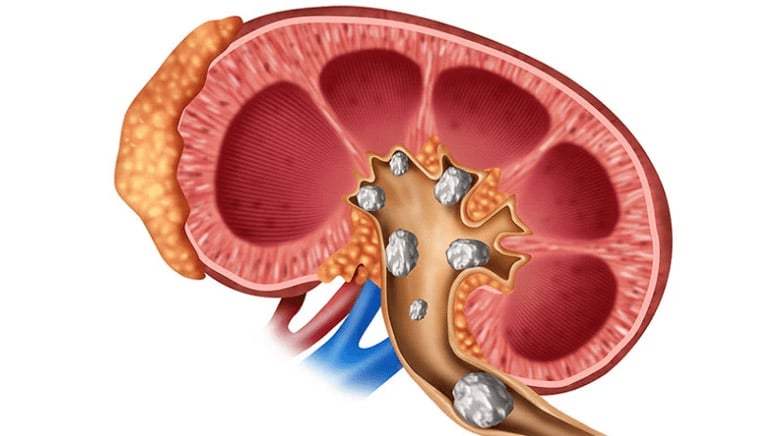Overview

The kidney is a major organ in the body which helps in the formation of urine from substances in the blood. When blood passes into the kidney, it is filtered, and waste is collected into the collecting tubules while the essential part of the blood content goes back into circulation via another route. Normally, salts form a significant portion of the blood and urine, but in large concentrations, they may cause harm to the body. Excess amounts of salts in the urine might lead to accumulation of the salts or minerals in the kidney. When these substances crust out, they form what is known as a kidney stone.
A kidney stone varies in sizes depending on how long it has been there and what particles are forming it. While the smallest kidney stones may appear to be the size of a sugar granule or sand grain, the large ones can be even bigger than ping pong balls. Kidney stones might go unnoticed for several months in the kidney till they slide into the ureter (the narrow tube through which urine passes down into the bladder from the kidney). A small kidney stone can easily pass into the ureter and get peed out without causing pain, unlike the larger ones which cause mild to severe pain when they reach the ureter.
Severe cases of kidney stones may result in total blockage of the ureter leading to severe symptoms aside from stoppage of urinary flow. If you experience symptoms of pain around the lower back or any of the symptoms described below, you should seek medical attention.













